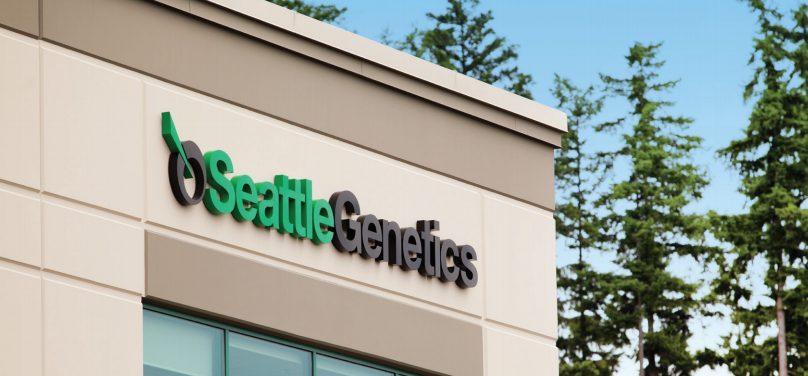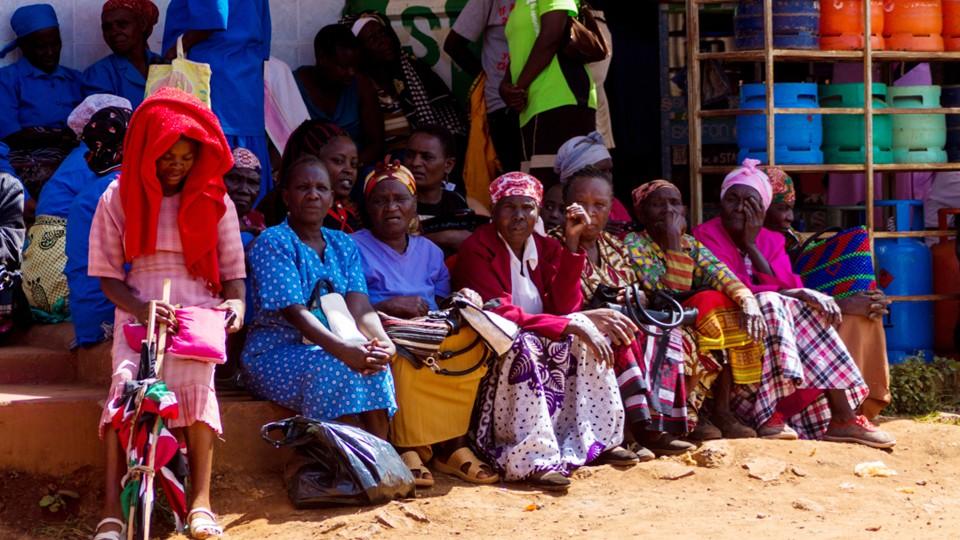Seattle Genetics snags early approval for advanced breast cancer drug

The FDA has approved Seattle Genetics' breast cancer drug Tukysa (tucatinib) four months early, including in certain patients whose disease has spread to the brain.
Tukysa has been approved in combination with Roche's Herceptin (trastuzumab) and capecitabine for adults with advanced unresectable or metastic HER2-positive breast cancer.
The approval covers patients with brain metastases who have received one or more regimens including HER2-targeting therapies for metastatic disease.
This is Seattle Genetics' first approval in breast cancer, and the drug will reportedly cost $18,500 for a 30-day supply with an average cost for a course at around $111,000 per patient.
The company already has two other cancer drugs approved – Adcetris (brentuximab vedotin) for certain forms of lymphoma and Padcev (enfortumab vedotin) for advanced bladder cancer.
The FDA had already granted the drug Breakthrough Therapy designation, and a faster Priority Review lasting up to six months instead of the standard 10 months.
This application was reviewed using the Real Time Oncology Review (RTOR) pilot programme, where the FDA is able to access key data before filing.
This allows the FDA's review team to begin their review earlier and communicate with the applicant before they submit a clinical dossier.
Approval of the combination was based on the HER2CLIMB trial, a randomised double-blind placebo-controlled trial involving 612 patients with HER2-positive unresectable locally advanced or metastatic disease.
Patients had received Roche's Herceptin, Perjeta (pertuzumab) or Kadcyla (ado-trastuzumab emtansine) either separately or in combination, and 48% of patients had presence or history of brain metastases.
The primary efficacy goal was progression-free survival, assessed by blinded independent review in the first 480 randomised patients.
Additional efficacy measures were tested in all randomised patients and included overall survival, and PFS in the patients with brain metastases or history of them.
Results showed patients treated with the Tukysa combination had a 46% reduction in risk of cancer progression or death compared with those treated with just Herceptin and capecitabine.
Serious adverse events occurred in 26% of patients treated with Tukysa, including diarrhoea (4%) and vomiting (2.5%).
Tukysa is a tyrosine kinase inhibitor of the HER2 protein, which produces a chain reaction that produces anti-tumour activity in tumours expressing the protein, occurring in around 15%-20% of breast cancers.












